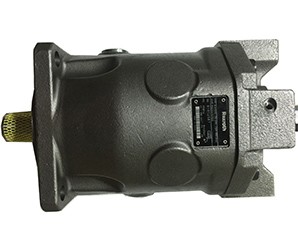Documents and formalities for a car registration
As a rule, in Europe car registration must be made in the country of residence, and the rules should be checked from country to country.
To register your car, the following documents are requested:
- Technical control certificate and technical control test
- Registration certificate
- Proof of ownership
- Proof of Tax payment (VAT)
- Insurance coverage
- Certificate of conformity for new cars
Technical control certificate and technical control test
Car owners are responsible for keeping them in good working condition and doing a technical test 4 years after the first time it was registered. From them every 2 years a technical test is mandatory.
If the car goes to another EU country and you want to re-register, you will need to provide the authorities with a proof that your car has passed a technical test in your former country.
That technical control test shall include the test result, the vehicle ID and the date of the next test.

Registration certificate
When you register your car in the EU, the authorities issue you a registration certificate, which may have one or two parts depending on country to country. It must also be recognised by other EU countries when travelling to another EU country.
If you want to re-register your car in another EU country, you will need to present the original car registration certificate to the authorities in the new country.
Some EU countries may require additional documents to register, so you should pay attention to mandatory and legal requirements.
The driver must always have his car registration certificate when travelling to another country. If the document has two parts, it is enough to have just part I for this purpose.
Proof of ownership
You may need to prove that you are the legal owner of the vehicle, so invoices should be used as proof of purchase clearly indicating the vat number.
Proof of tax payment (VAT)
When registering your vehicle, the national authorities have the right to check whether VAT has been paid. The rules vary if the car is new or used, if purchased from a professional dealer or a private individual.
For VAT purposes, a new car has not more than 6 000 km or has been in circulation for less than 6 months.
Proof of insurance coverage
When registering your car, it is necessary to provide proof that you have insurance from any company as long as based in the country where you live and are authorized to provide this kind of services.
Certificate of conformity for new cars
The certificate of conformity may be a European certificate (EC) or a national certificate and is issued by the manufacturer showing that the technical characteristics comply with safety standards and environmental standards.
EC certificate of conformity
If you have the European (EC) certificate, it is valid in all EU countries, and if it is valid the authorities cannot request additional technical documentation unless the car has undergone any modification since it left the factory. In such a case, they may require it to be submitted for further approval.
National certificate of conformity
The national certificate of conformity is valid only in the issuing country and is generally issued for buses, lorries, vans, trailers and custom-made vehicles produced before May 2009.
If your car is already registered and you transfer it to another EU country, the authorities of the new country may often require additional technical checks or certificates to proceed with the re-registration.
Want more tips on the automotive world? Go to our Facebook page and follow the content we share daily.




